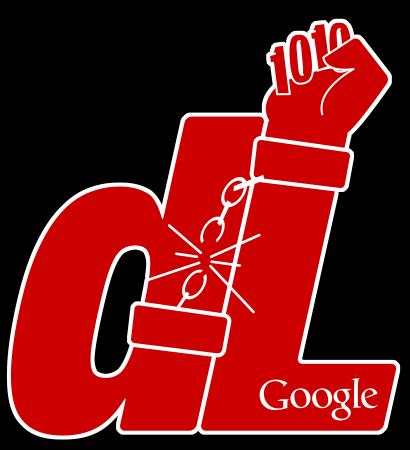
In the following post, I will attempt to chronicle how I came to believe that having your content in a portable format is more valuable than having an open source project to manipulate that content.
I accidentally jump-started my programming career by working on an open-source project (WordPress) and I use many other open-source applications and libraries every day, so I certainly see the value in that, as a developer.
As a user, I care more about my data. For example, if LibreOffice goes bust, I’m not going to start working on my own document editor, but I would definitely like to be able to open my documents with some other tool.
Two weeks ago, after a kernel upgrade, Ubuntu started crashing on my Macbook Air. After a few days of trouble, I decided that this would be a good opportunity to give OS X an honest try. I was using Tomboy before, on Ubuntu, to take notes. I had them backed up via Ubuntu One, so it was easy enough to compile Tomboy under OS X and copy over the data.
Even if Tomboy or Ubuntu One didn’t work on OS X for whatever reason, I could still access my notes, since they were stored as simple XML files.
By contrast, Mountain Lion’s Notes.app uses a weird binary format and to get your notes out of it, you have to go through Gmail and Mail.app.
In general, I think Apple is the worst offender when it comes to data portability. It’s aggressively trying to hide the filesystem from the user; in the name of simplicity and ubiquity, it shoves everything into iCloud, which I’m pretty sure won’t see major adoption from anything other than OS X or iOS apps, if that.
Google, with its Data Liberation Front, is on the opposite side of the spectrum. Immediately after the announcement that Google Reader would be discontinued, I was able to export my subscriptions and import them into a Tiny Tiny RSS instance on my own server.
After a while, attracted by the shiny interface, I switched to Feedly, an ad-supported hosted service. While writing this post, I discovered that Feedly itself doesn’t have an option to export my list of feeds. If it doesn’t add one soon, I will just have to find some other service that will, before Google Reader shuts down and my feed list becomes a hostage in Feedly’s walled garden.
Going forward, whenever I start using a new application or service, I will make sure there’s a sane exit strategy. I should be able to leave and take my data with me at any time, with no questions asked.